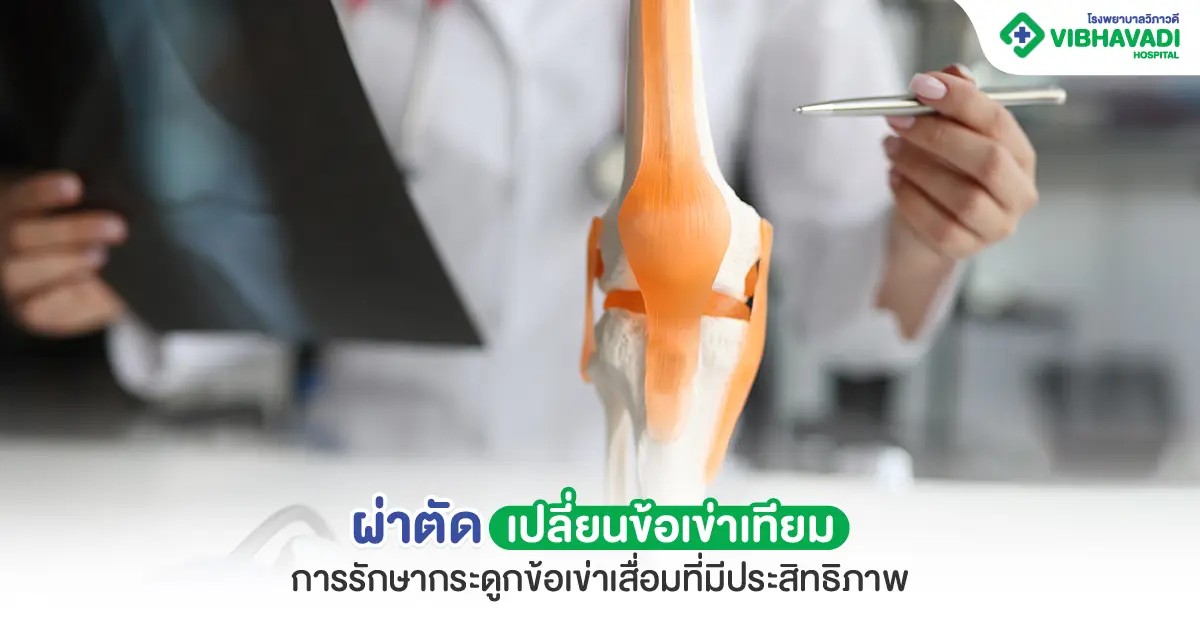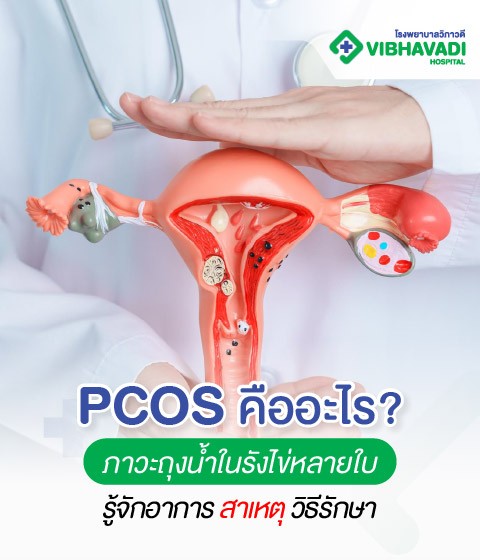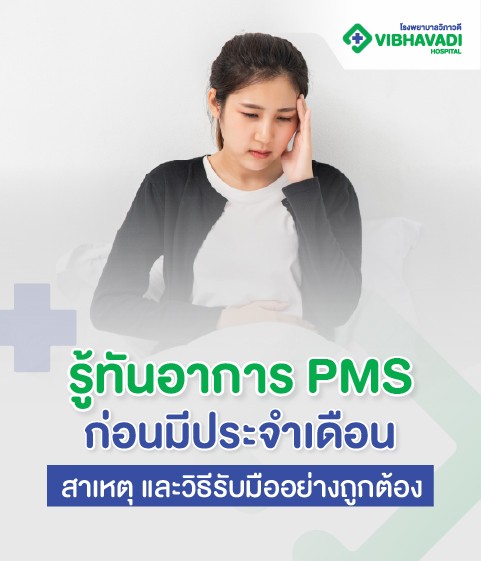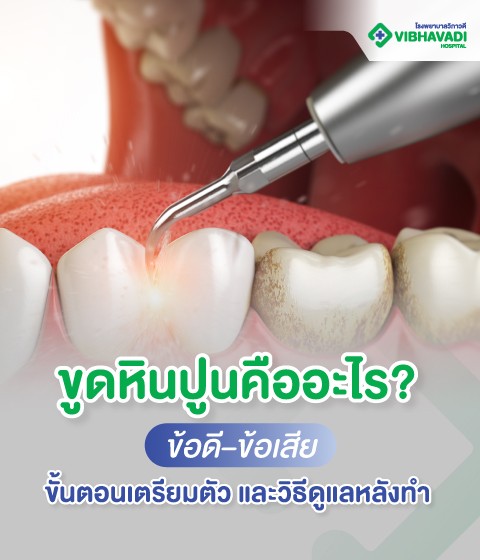Weakened Immunity
The immune system plays a vital role in protecting the body from infections, diseases, and foreign invaders. However, when the immune system is weakened or underperforming, it leaves the body vulnerable to illness. People with weakened immunity, often referred to as having a low immune system or immune deficiency, tend to fall sick more frequently and may experience more severe symptoms compared to individuals with a strong immune response.
At Vibhavadi Hospital, we recognize the growing importance of immune health in today’s environment. Our expert team offers comprehensive diagnostic and recovery programs to evaluate, manage, and strengthen immune function through personalized medical care.
What Is Weakened Immunity?
Weakened immunity, or immunodeficiency, refers to the reduced ability of the immune system to protect the body from infections and diseases. When functioning properly, the immune system detects and neutralizes harmful bacteria, viruses, and other pathogens. In individuals with compromised immunity, this defense mechanism is impaired, allowing infections to take hold more easily and linger longer.
Immune deficiency can be temporary or chronic. Some cases are congenital (present at birth), while others are acquired due to lifestyle factors, medical conditions, or certain treatments.
Signs and Symptoms of a Weakened Immune System
People with weakened immunity often experience more frequent or severe illnesses. Common symptoms and warning signs include:
- Frequent infections such as colds, sinusitis, bronchitis, or pneumonia
- Slow recovery from common illnesses
- Chronic fatigue and low energy levels
- Digestive issues, including diarrhea or loss of appetite
- Persistent inflammation or skin problems like rashes
- Wounds that take longer to heal
In some cases, people may not realize they have an underlying immune problem until a pattern of recurring illnesses becomes apparent.
Causes and Contributing Factors
There are many potential causes of weakened immunity, ranging from medical conditions to lifestyle habits.
Chronic stress is one of the leading contributors. Long-term psychological stress can suppress immune function by increasing cortisol levels, which interferes with the body’s natural defense mechanisms.
Poor nutrition also plays a significant role. Diets lacking in essential vitamins and minerals—such as vitamin C, vitamin D, zinc, and iron—can impair immune cell production and reduce overall resilience against infections.
Lack of sleep compromises the body’s ability to produce infection-fighting cells and antibodies. Even a few nights of insufficient sleep can negatively affect immune responses.
Sedentary lifestyles and lack of physical activity have been linked to reduced immune efficiency. Exercise helps stimulate immune function and improve circulation of immune cells.
Chronic diseases such as diabetes, cancer, and HIV/AIDS can directly affect immune health. Certain treatments like chemotherapy, steroids, or immunosuppressant drugs also lower immune activity.
Other contributing factors include smoking, excessive alcohol consumption, environmental toxins, and dehydration, all of which can weaken the body’s natural defenses.
Who Is at Risk?
While anyone can experience temporary dips in immune function, certain individuals are more likely to suffer from immune deficiency.
Elderly individuals are at higher risk due to natural age-related decline in immune function. As people age, their body produces fewer immune cells and responds less efficiently to new infections.
People with chronic illnesses such as diabetes, autoimmune disorders, or heart disease are also more vulnerable. These conditions often place constant strain on the immune system.
Cancer patients undergoing radiation or chemotherapy treatments frequently experience immune suppression as a side effect.
Individuals under prolonged stress—whether emotional, physical, or mental—are also at elevated risk. This includes caregivers, high-pressure professionals, and those coping with grief or trauma.
Children with congenital immune disorders may exhibit early signs such as recurring infections and slow growth.
Additionally, people with poor lifestyle habits—such as insufficient sleep, poor diet, and inactivity—are more likely to experience reduced immune function over time.
How to Strengthen and Protect Your Immune System
Protecting and restoring immune health requires a holistic approach that focuses on both medical and lifestyle strategies.
Proper nutrition is essential. A diet rich in colorful fruits, vegetables, whole grains, lean protein, and healthy fats provides the vitamins and minerals needed for immune cell development. Nutrients like vitamin C, vitamin D, zinc, and selenium are particularly important.
Staying physically active improves circulation, reduces inflammation, and supports overall immune function. Moderate exercise, such as walking, yoga, or cycling for 30 minutes a day, can enhance immunity.
Getting sufficient rest is critical. Adults should aim for 7–9 hours of quality sleep per night to allow the body to restore and regulate immune processes.
Stress management techniques such as meditation, deep breathing, journaling, or spending time in nature can help lower cortisol levels and reduce immune suppression.
Avoiding smoking and limiting alcohol intake are also important steps, as both can impair immune cell function and increase susceptibility to infections.
Regular hand washing, good hygiene, and staying up to date with vaccinations also play a crucial role in preventing infection and keeping the immune system focused on more serious threats.
Diagnosis and Immune Health Assessment at Vibhavadi Hospital
At Vibhavadi Hospital, we offer advanced diagnostic services to assess immune health and identify underlying issues that may be weakening the immune system.
The diagnostic process begins with a detailed consultation and review of medical history. Blood tests are often performed to evaluate white blood cell counts, inflammation markers, vitamin and mineral levels, and possible signs of infection or chronic illness.
In certain cases, further investigations may be required to assess organ function, rule out autoimmune conditions, or detect hidden infections that may be affecting immune performance.
Our team of experienced physicians, immunologists, and specialists work collaboratively to identify the root cause of immune deficiency and recommend the appropriate course of treatment.
Comprehensive Treatment and Immune Recovery Plans
Treatment for weakened immunity depends on the underlying cause and the severity of the condition. At Vibhavadi Hospital, we focus on individualized care plans that aim to restore immune balance and improve overall health.
For patients with nutritional deficiencies, targeted supplementation and dietary changes are recommended under the guidance of a nutritionist.
When stress is a significant factor, psychological support and stress management programs may be offered as part of a holistic recovery plan.
Chronic infections are treated with appropriate antimicrobial or antiviral therapies, while autoimmune disorders are managed by a multidisciplinary team to reduce flare-ups without further suppressing immunity.
Lifestyle coaching is provided to help patients adopt healthier habits related to sleep, diet, hydration, and exercise.
In some cases, immune-boosting therapies such as intravenous vitamin infusions, probiotics, or immunomodulating medications may be recommended based on each patient’s unique needs.
Vibhavadi Hospital also provides regular follow-ups to monitor progress and adjust treatment plans as needed, ensuring long-term improvement and reduced susceptibility to illness.
Related Services at Vibhavadi Hospital
- Comprehensive Health Check-up Packages
- Immunology and Internal Medicine Consultations
- Nutritional Counseling and Supplement Planning
- Stress and Mental Health Programs
- Chronic Disease Management
- Intravenous Nutrient Therapy (IV Drip)
- Preventive Vaccination Services
These services are designed to support immune health across all age groups and conditions. Patients can schedule appointments through our website or contact our call center directly for more information.
Frequently Asked Questions (FAQ)
1. How do I know if I have a weak immune system?
Common signs include frequent infections, fatigue, slow recovery from illness, and inflammation. A doctor can perform tests to evaluate immune function.
2. Can I improve my immunity without medication?
Yes. Lifestyle changes like eating a nutritious diet, managing stress, getting enough sleep, and exercising regularly can significantly boost immunity.
3. Are immune-boosting supplements safe?
Supplements can be helpful when used correctly. However, it’s best to consult a doctor or nutritionist to ensure appropriate dosing and prevent interactions with other medications.
4. How often should I check my immune health?
Routine health check-ups once or twice a year are recommended, especially if you’re experiencing recurring illnesses or have a chronic condition.
5. What makes Vibhavadi Hospital the right choice for immune health?
Vibhavadi Hospital provides personalized care from experienced specialists, advanced diagnostics, and holistic treatment plans tailored to each patient’s health status.
Take Charge of Your Immune Health Today
If you’ve been feeling unusually tired, getting sick more often, or struggling with slow recovery, it may be time to assess your immune system. Early detection and lifestyle changes can lead to significant improvements in health and well-being.
Book your immune health consultation today at Vibhavadi Hospital. Our team of experts is here to guide you every step of the way.
















